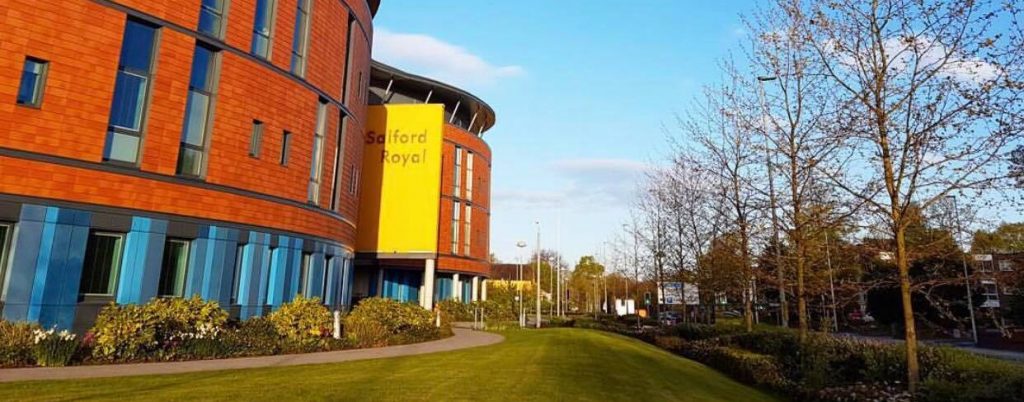Two cases of the Chinese Novel Coronavirus have been confirmed in the UK, leading to speculation regarding the future response plans of the authorities.
Dr Chloe James, Senior Lecturer in Medical Microbiology at the University of Salford and chair of the Microbiology Society communications committee, said that “the seriousness of the coronavirus outbreak, the speed at which it is spreading and the lack of any specific treatment is certainly a worry”
“This new coronavirus seems to be not as lethal as the previous SARS or MERS coronaviruses, but it is still early days and that could change.
“New outbreaks are always concerning, especially when there is so much uncertainty at the beginning.
If you have returned from Wuhan in the last 14 days, self-isolate at home and call 111.
If you have returned from wider mainland China in the last 14 days and have symptoms, self-isolate at home and call 111.
— Department of Health and Social Care (@DHSCgovuk) January 31, 2020
“Experts from the Microbiology Society say that it is unlikely that the novel corona virus will spread widely in UK, as our health system will do a good job containing the infection.
At least 213 people in China have died from the virus, with almost 10,000 cases nationally.
Professor Chris Whitty, Chief Medical Officer for England, said “We can confirm that two patients in England, who are members of the same family, have tested positive for coronavirus.
“We have been preparing for UK cases of novel coronavirus and we have robust infection control measures in place to respond immediately.
“We are continuing to work closely with the World Health Organization and the international community as the outbreak in China develops to ensure we are ready for all eventualities.”
The WHO declared the outbreak a global health emergency on Thursday.
These passengers will now be transferred to an off-site NHS accommodation facility.
They have all agreed to spend 14 days in supported quarantine. Families will be able to stay together.
Risk to the public has not changed as a result.
— Department of Health and Social Care (@DHSCgovuk) January 31, 2020
Dr. Ian Goodhead, a Lecturer in Infectious Diseases at the University of Salford, said “We need to balance an informed public vs. panic which may exacerbate the problem of containing the threat.
“I suspect the UK response to these first cases will also be similar; ensuring that our mitigation strategy is well in place, and the information is available, before announcing further details of plans, strategies and instructions.
“The numbers of confirmed infected are higher, quicker [9,776 at the time of speaking], with 213 deaths – still high, but not as bad as the SARS outbreak in 2002.
“Indeed, the data suggesting this virus is spreading asymptomatically (without symptoms) may back this up.”
The last time a world health emergency was declared was the onset of Ebola in the Democratic Republic of the Congo in 2018.
We will update this story as we learn more. The NHS has released a quick guide to the virus here.















Recent Comments